Facts about Atal Bihari Vajpayee, the iconic Indian statesman, poet, and former Prime Minister of India. These facts cover his personal life, political career, leadership, legacy, achievements, and lesser-known trivia.
When you think of Indian politics, the first image that pops into your head is probably chaos—loud speeches, endless debates, and heated arguments on TV. But then, there was Atal Bihari Vajpayee. A man who, in the middle of all that noise, managed to be calm, witty, and dignified. He was the rare breed of politician who even his rivals admired, and that’s saying something.
Let’s dive into the life of the man who wasn’t just a three-time Prime Minister of India, but also a poet, a statesman, and a true people’s leader.
A Humble Beginning
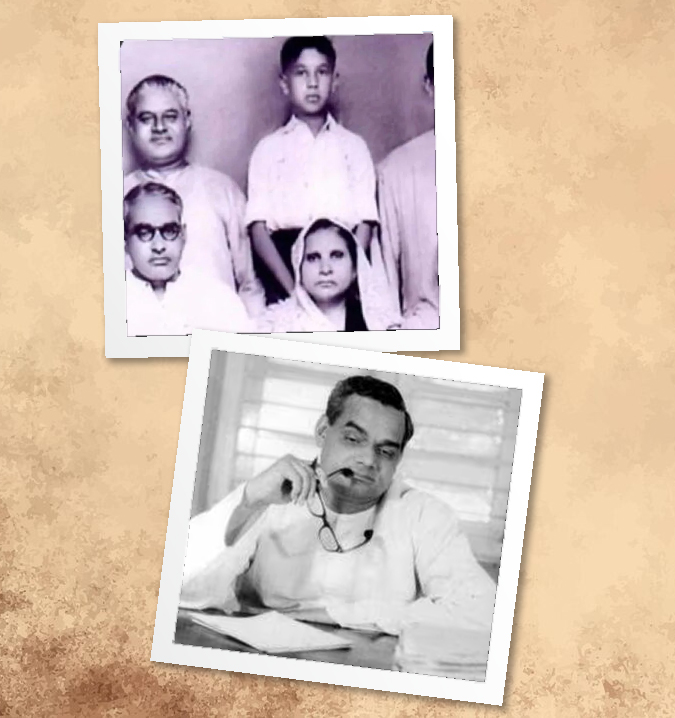
Atal Bihari Vajpayee was born on December 25, 1924, in Gwalior, in a middle-class Brahmin family. His father was a schoolteacher and poet, and that literary spark definitely passed on to young Atal.
He wasn’t born into politics, nor did he come from a political dynasty. His early life was about simple living, big dreams, and a whole lot of reading. He studied in Gwalior and later went to DAV College in Kanpur, where he completed his master’s degree in political science with flying colors.
But politics was in the air. The freedom movement was at its peak, and like many young Indians, Vajpayee was drawn into it.
Early Political Life: The RSS and Jan Sangh Days
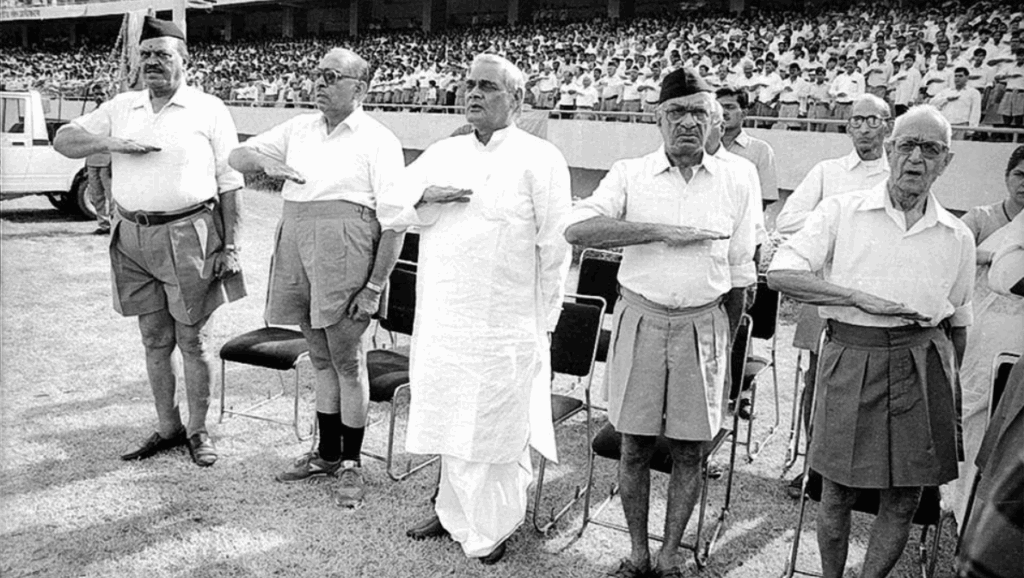
Atal ji (as many fondly call him) started off his political journey through the Rashtriya Swayamsevak Sangh (RSS), a right-wing, nationalist volunteer organization. He was disciplined, sincere, and had this charm that made people want to listen when he spoke.
Later, he joined Bharatiya Jana Sangh, the political wing of the RSS, and quickly rose through the ranks. Even then, people could see there was something special about him. His speeches weren’t fiery or aggressive—they were thoughtful, poetic, and filled with quiet strength.
One of the best-known stories about Vajpayee’s early political charisma comes from Pandit Jawaharlal Nehru, India’s first Prime Minister. After hearing Atal speak in Parliament for the first time, Nehru reportedly told others, “This young man will become the Prime Minister of India one day.”
Talk about a prophecy.
The Emergency and Aftermath
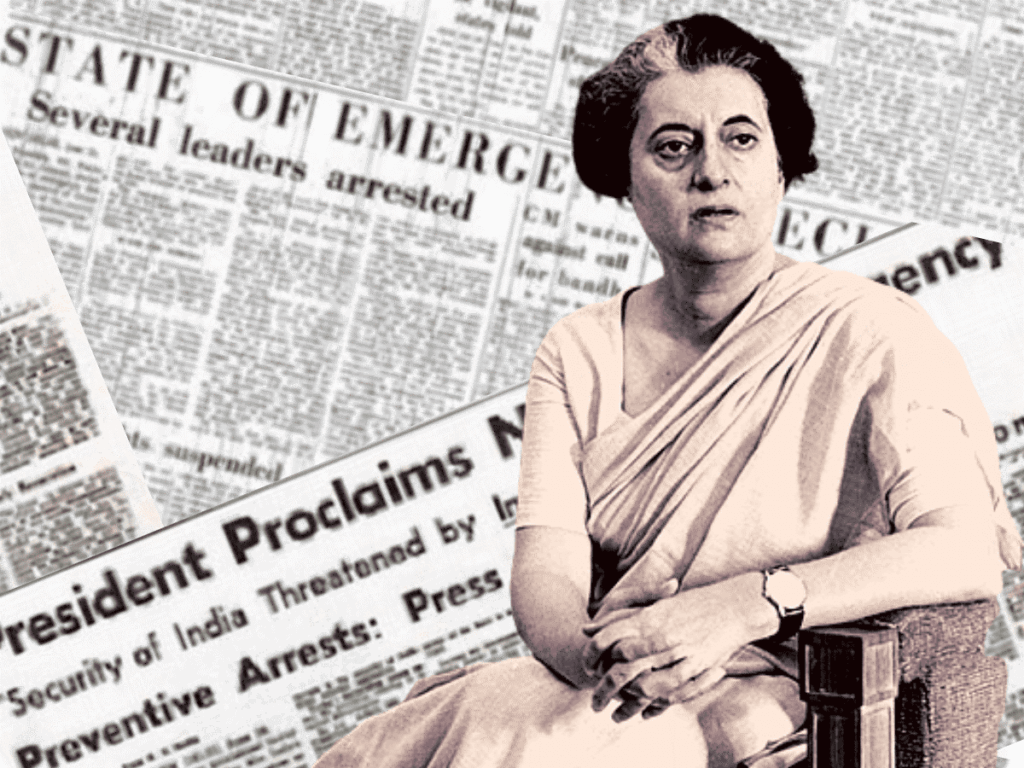
In 1975, when Prime Minister Indira Gandhi declared the Emergency, suspending civil liberties and jailing opposition leaders, Vajpayee didn’t stay quiet. He was arrested along with many others and spent time in jail.
This period only made him stronger and more respected. After the Emergency, he became one of the key leaders in forming the Janata Party, which briefly came to power in 1977. Vajpayee served as the External Affairs Minister, and it was during this time that he gave a memorable speech at the United Nations—in Hindi! It was a proud moment for India and for Hindi-speaking citizens across the country.
Birth of the BJP
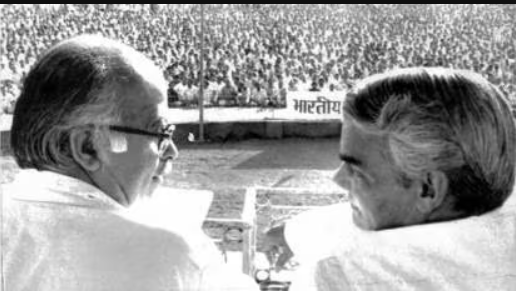
When the Janata Party fell apart, Vajpayee, along with his friend and fellow leader Lal Krishna Advani, formed the Bharatiya Janata Party (BJP) in 1980. The party started small, but with a strong ideology and leadership, it slowly began to grow.
Vajpayee’s moderate tone and inclusive politics played a big role in making the BJP appealing to a wider audience. He wasn’t the kind to deliver hate-filled speeches. Instead, he spoke of development, national pride, and good governance.
Becoming the Prime Minister: Third Time’s the Charm
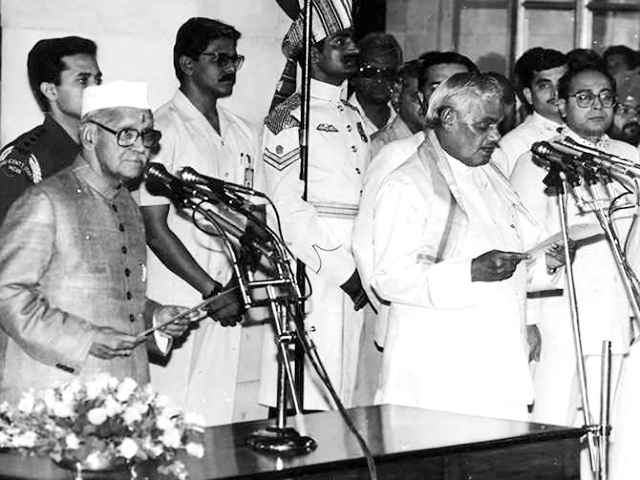
Vajpayee first became Prime Minister in 1996, but it lasted only 13 days because he couldn’t gather enough support in Parliament. Talk about a trial run.
He returned in 1998, this time with a coalition of several parties under the National Democratic Alliance (NDA). That stint lasted about 13 months. Finally, in 1999, he came back yet again and served a full five-year term—the first non-Congress Prime Minister to do so. Third time really was the charm.
Big Decisions, Bigger Heart
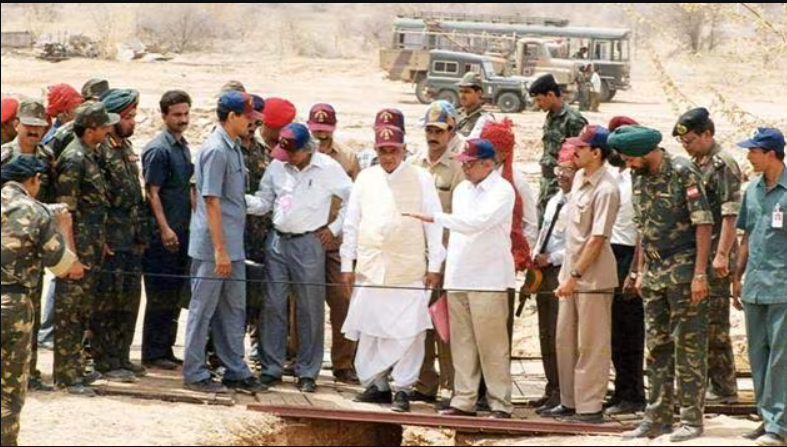
Vajpayee’s tenure as Prime Minister was full of tough calls and bold moves. Here are some of the highlights:
1. Pokhran Nuclear Tests (1998)
India conducted a series of nuclear tests in Pokhran, Rajasthan, under Vajpayee’s leadership . This put India firmly on the global nuclear map. The world reacted with sanctions, but Vajpayee stood his ground. He called it a necessary step for India’s security and self-respect.
2. Lahore Bus Yatra
Despite the nuclear tests, Vajpayee was a strong believer in peace with Pakistan. In 1999, he took a historic bus ride to Lahore, met then-Pakistani PM Nawaz Sharif, and spoke of peace and friendship. It was a bold gesture—but unfortunately, just months later, the Kargil War broke out.
3. Kargil War
The war was a major challenge. Pakistani soldiers and militants had infiltrated Indian territory. Vajpayee, along with the Indian Army, managed the crisis with maturity and restraint. He didn’t let emotions get the better of him and won global praise for how India handled the situation.
4. Economic Reforms
Vajpayee pushed hard for economic liberalization, privatization of public sector companies, and infrastructure projects like the Golden Quadrilateral—a massive highway project that connected major cities across India. It gave a huge boost to connectivity and the economy.
The Poet PM
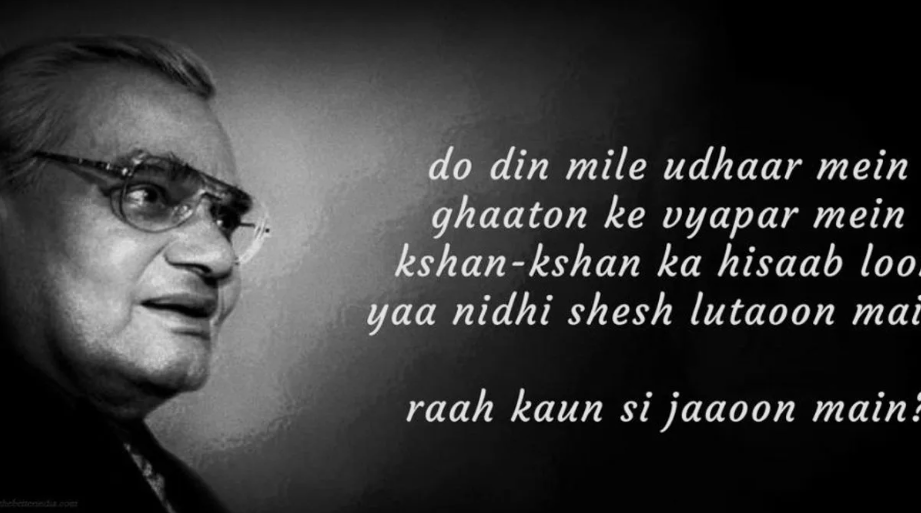
You can’t talk about Vajpayee without mentioning his poetry. Yes, the man who dealt with nuclear policy also wrote beautiful Hindi poems.
His verses were simple but powerful, often filled with themes of love, nationalism, and human emotion. He would often recite them during speeches, leaving crowds silent and emotional.
Here’s a line from one of his famous poems:
“हार नहीं मानूंगा, रार नहीं ठानूंगा, काल के कपाल पर लिखता मिटाता हूं।”
“I will not concede defeat, nor will I pick a fight. I write and erase destiny on the forehead of time.”
He wasn’t just a leader—he was an artist in politics, and that’s rare.
Retirement and Final Years
After his term ended in 2004, Vajpayee gradually stepped away from active politics. Health issues began to take over, and he kept a low profile. But he remained a beloved figure, respected across party lines.
He was awarded Bharat Ratna, India’s highest civilian honor, in 2015.
On August 16, 2018, India lost one of its finest statesmen. His funeral was attended by leaders from every major party, and lakhs of people came to pay their respects. That says a lot about the kind of man he was.
The Legacy of Atal Bihari Vajpayee
Vajpayee wasn’t just another Prime Minister. He was a visionary, a bridge-builder, and a man who showed that politics doesn’t have to be ugly to be effective.
His ability to listen, adapt, and lead with compassion made him stand out. He could take on tough challenges with a smile, and his speeches could move even the harshest critics.
Even today, his name evokes respect, regardless of one’s political views. His legacy lives on in India’s roads, its nuclear policy, its economic rise—and most importantly, in the hearts of its people.
So here’s to Atal ji—the poet who led a nation, the leader who believed in dialogue over division, and the man who proved that true strength lies in gentleness.

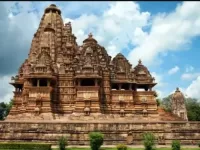

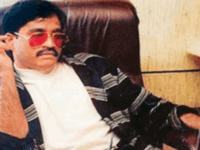
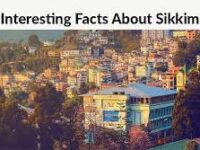
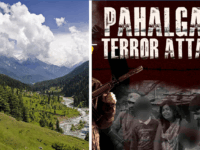
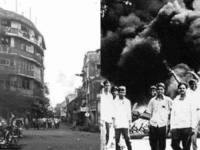
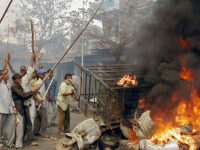

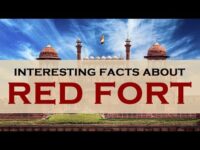
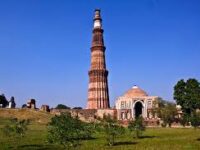
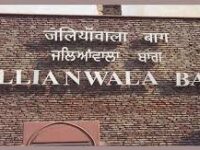

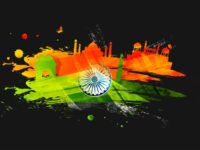
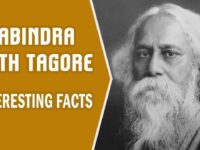
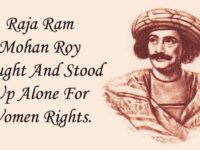





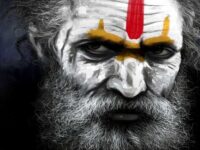

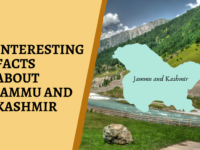
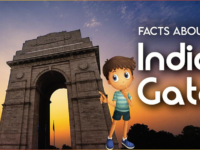



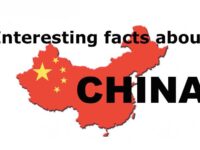
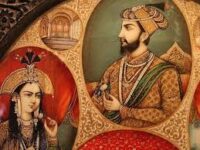
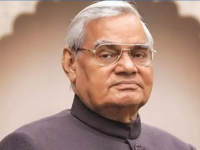


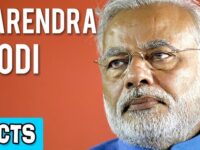

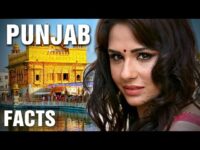



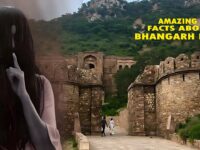
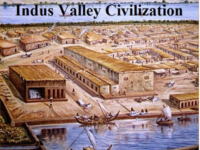

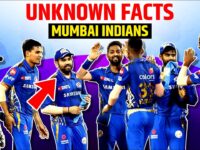







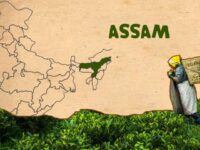

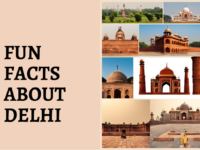

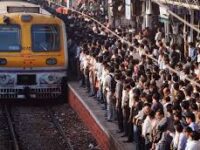
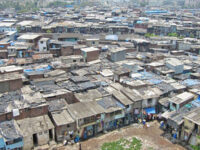
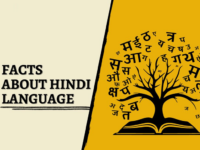
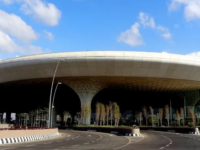
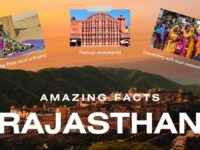
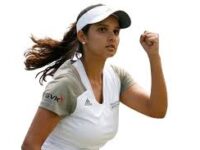
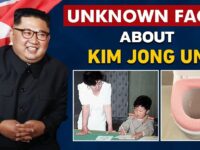
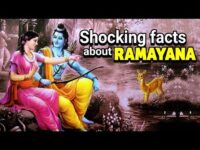
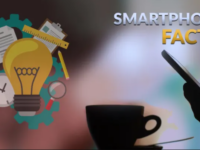


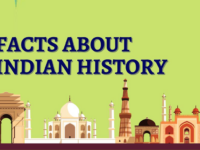

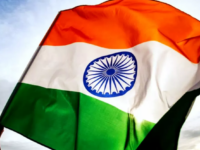
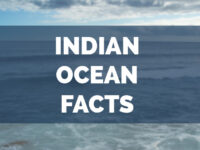
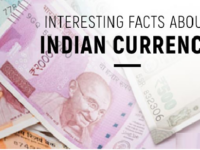
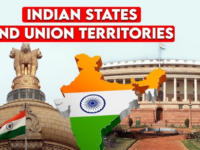

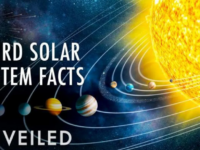
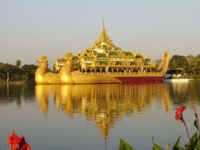

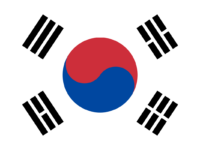

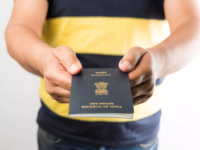
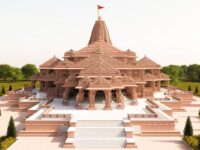

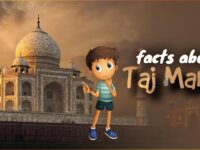
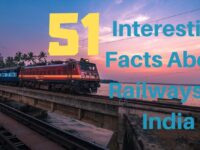



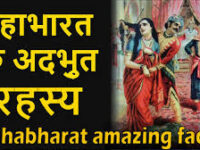
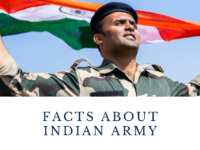
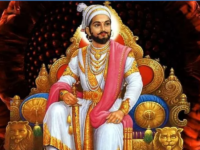
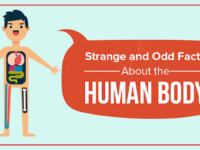





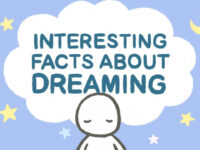


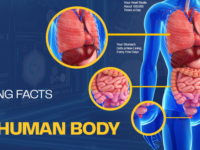

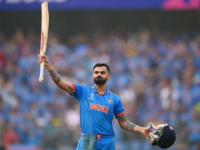


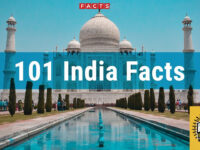
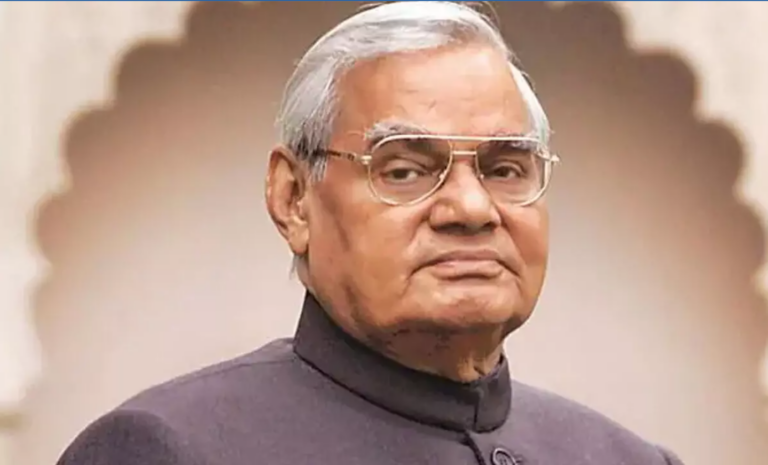
0 Comments